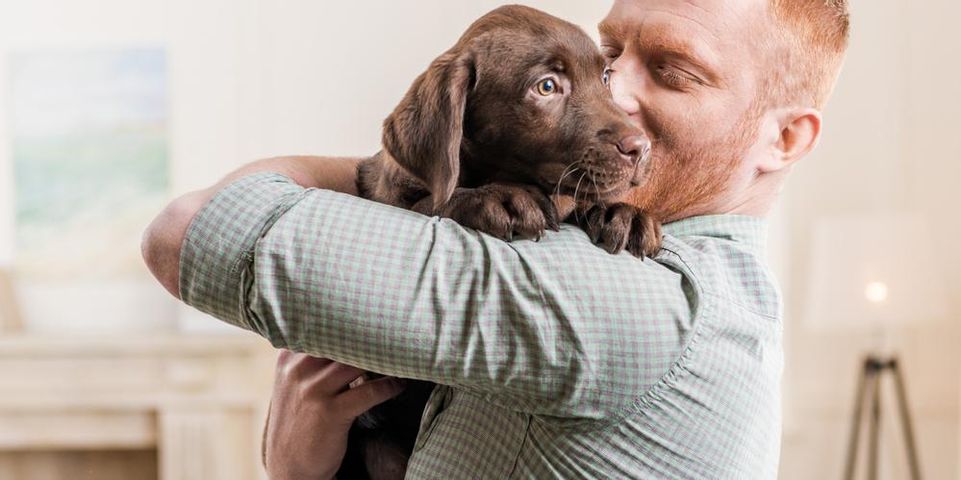
As a pet parent, you want the best for your furry friend. One of the best ways to ensure your pet’s health and well-being is to get it spayed or neutered. Spay & neuter procedures are routine in veterinary care and benefit pets in many ways. Below is more information about what these services involve and why they’re essential.
What Does the Spay & Neuter Process Entail?
Spay & neuter procedures remove reproductive organs. During a spay procedure, a veterinarian will make an incision below a female cat or dog’s belly button and then remove the ovaries, reproductive tract, and uterus. The neutering process for male dogs and cats involves making an incision in the skin at the base of the penis and removing the testicles. All pets are given anesthesia before the procedure to ensure comfort.
What Are the Benefits?
Spay & neuter procedures help control the pet population by preventing unplanned puppies and kittens. By getting your pet spayed or neutered, you can prevent unwanted animals from going to shelters and facing euthanization.
 These procedures also come with health benefits for pets, including preventing testicular cancer in males and reducing the risk of mammary tumors in females.
These procedures also come with health benefits for pets, including preventing testicular cancer in males and reducing the risk of mammary tumors in females.
Pets that undergo the process are also better behaved. Male cats and dogs that aren’t neutered are more likely to be aggressive and mark their territory. Un-spayed females go into heat several times a year, causing them to bleed and spot around the home. They may also howl and urinate more in the house.
When Should You Spay or Neuter a Pet?
Veterinarians recommend for dogs to be spayed or neutered between six to nine months. Cats, on the other hand, can be spayed or neutered as young as eight weeks old.
If you’re ready to spay or neuter your pet, turn to the professionals at Alexandria Pike Animal Hospital in Southgate, KY. The full-service pet hospital provides a wide variety of services, ranging from animal vaccinations to spay & neuter surgeries. They can treat many different animals, including dogs, cats, rabbits, and birds, and can handle most emergencies. For more information about their services, call (859) 781-1800 or visit their website.
About the Business
Have a question? Ask the experts!
Send your question

